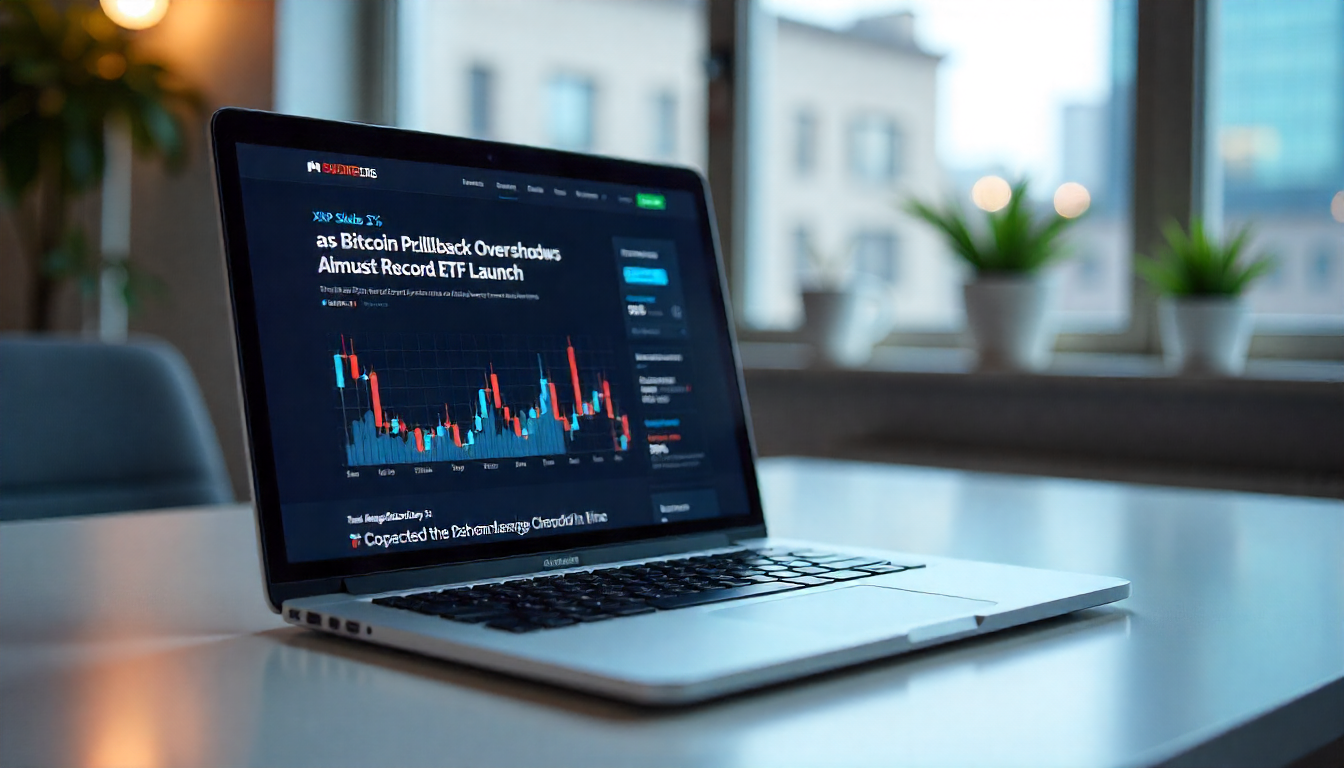XRP hovered near $3.00 for most of Monday before a sharp overnight selloff erased support, dragging the token down 3.46% on record trading volume. Over the 24-hour session from September 21, 03:00 to September 22, 02:00, XRP moved between a high of $3.014 and a low of $2.910, reflecting heightened volatility.
The downturn coincided with the launch of the first U.S.-listed XRP ETF, which posted $37.7 million in opening-day volume, marking the largest ETF debut of 2025. However, institutional profit-taking dominated the session, blunting the bullish catalyst.
Market Context
- ETF Launch: The U.S. XRP ETF set a 2025 record with $37.7 million in day-one volume.
- Macro Backdrop: Fed policy easing remains a key focus, with markets pricing in likely September rate cuts that historically support crypto assets.
- Analyst View: Despite ETF optimism, XRP faces resistance near $3.00, suggesting continued consolidation.
Price Action Highlights
- XRP dropped from $3.01 to $2.91, closing at $2.92.
- A midnight crash saw prices fall from $2.973 to $2.910, driving 261.22 million in trading volume—roughly four times the daily average.
- Liquidations totaled $7.93 million, with 90% hitting long positions.
- XRP briefly rebounded to $2.94 in the final hour before settling back at $2.92, forming a resistance cluster at $2.93–$2.94.
Technical Analysis
- Trading Range: $0.104, or 3.46% intraday volatility.
- Resistance: $2.98–$3.00, tested heavily during high-volume rejection.
- Support: $2.91–$2.92, repeatedly tested after the crash.
- Consolidation: XRP failed to hold above $2.93, signaling short-term bearish pressure.
- Volume: 261 million confirms strong institutional selling overnight.
What Traders Are Watching
- Can XRP reclaim and sustain levels above $3.00, or will resistance cap upside?
- How secondary ETF flows will influence liquidity following record day-one participation.
- The Fed’s September rate decision and whether dovish policy will trigger renewed crypto inflows.
- Exchange reserves remain at 12-month highs, suggesting potential supply pressure despite institutional interest.





